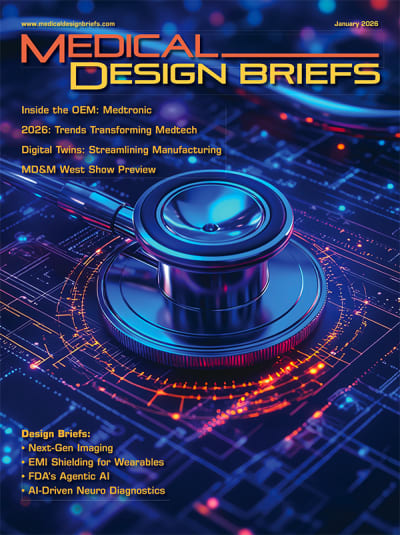
A suite of sensors can predict heart failure events by detecting when a patient's condition is worsening. Researchers uploaded software to patients’ implanted defibrillators. The software allowed the defibrillators to also act as sensors, monitoring the patients' heart rate, activity, breathing, heart sounds, and electrical activity in the chest.
Over the study period, the suite of sensors detected 70 percent of heart failure events in patients. Detection was often more than a month before the events occurred. Sensitivity at this level far exceeded the researchers' goal of greater than 40 percent detection.
The software combines a number of measures of the physiology and heart failure. The software integrates the various measurements, including breathing, activity, and heart sounds, and then produces an index that the researchers believe is both sensitive and specific for heart failure. The technology can help monitor the patient's condition so heart failure events can be prevented before they happen.
A pilot study and intervention trials to test the system’s safety, physician acceptance and use, and patient outcomes are planned to investigate benefits to patients.



